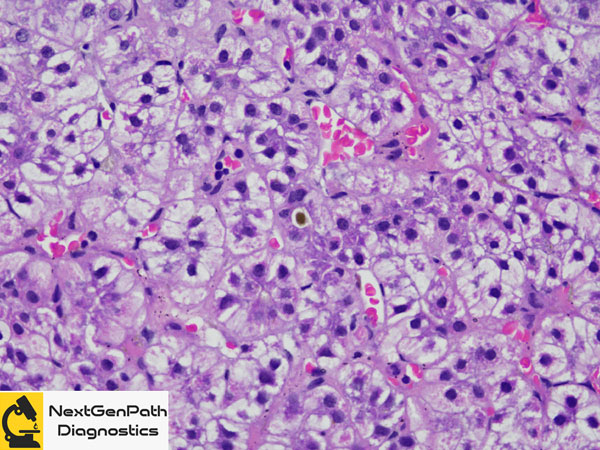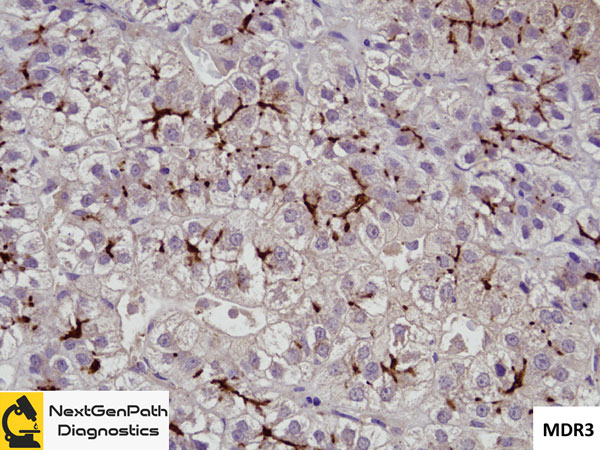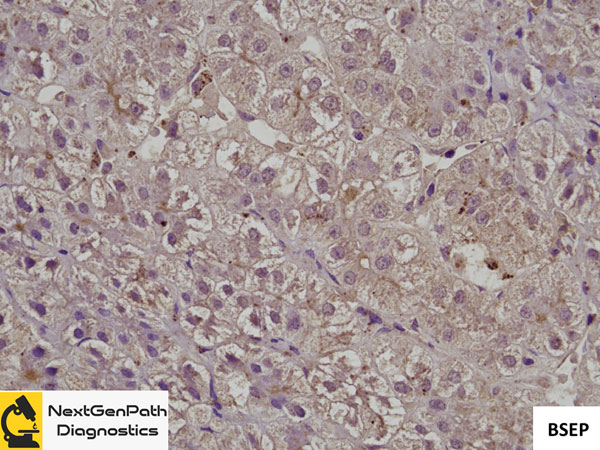Progressive familial intrahepatic cholestasis 2
- Progressive familial intrahepatic cholestasis 2 (PFIC2) is caused by homozygous or compound heterozygous mutations in the ABCB11 gene located on chromosome 2q31, a form of FIC caused by BSEP deficiency.
- BSEP is a liver-specific adenosine triphosphate-binding cassette transporter that mediates the excretion of monovalent BS from hepatocyte to canaliculi against a concentration gradient.
- It is the main transporter of BS with a critical role in physiologic maintenance of enterohepatic BS circulation.
- A loss of BSEP leads to accumulation of BS in the hepatocytes with consequent cellular damage and alterations to FXR signaling.
- BSEP deficiency can lead to cholestatic jaundice and itching in the neonatal period.
- The GGT and serum cholesterol levels are low or normal while serum primary BS, serum aminotransferase concentrations and alpha-fetoprotein can be very high in comparison with PFIC1.
- Notably, patients develop increased risk of early HCC.
- Liver biopsy shows the canalicular cholestasis, severe lobular injury, more pronounced lobular/portal fibrosis and inflammation, more severe hepatocellular necrosis and more evident giant cell transformation respect to PFIC1.
- A reduced expression of BSEP protein at IHC can help the diagnostic process.
References
- Vitale G, Gitto S, Vukotic R, et al. Familial intrahepatic cholestasis: New and wide perspectives. Dig Liver Dis. 2019;51:922-933.


